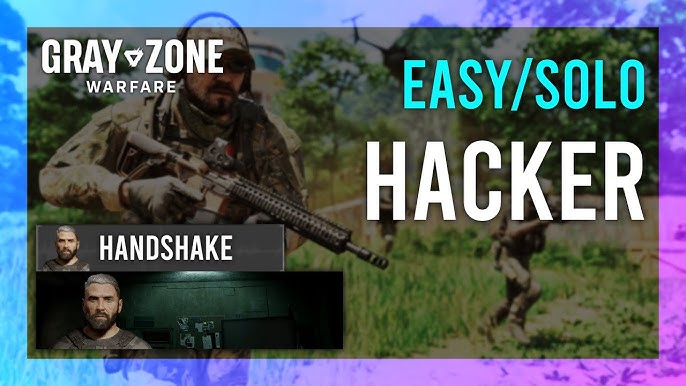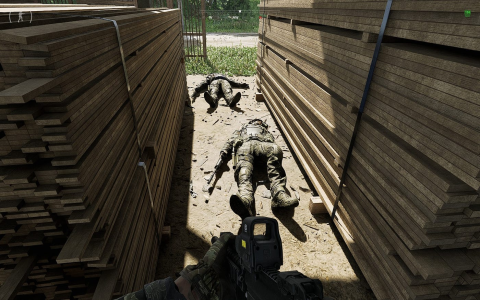Okay, so today I wanted to dig into this whole “missing colleague gray zone warfare” thing. It sounded kinda wild, so I figured, why not see what I could find out?

First Steps: What Even Is This?
I started by, you know, just hitting up the usual spots online. I typed in “missing colleague gray zone warfare” and went down a few rabbit holes. It was all pretty vague at first, lots of talk about hybrid threats and non-military actions, but nothing super concrete about missing people specifically.
Digging Deeper: Getting Specific
I realized I needed to be more focused. So I tried searching for stuff like “disappearances workplace coercion” and “employees forced disappearances information warfare.” This is where things started to get a little more interesting. I started to see some articles about how countries, or maybe even companies, might use pressure tactics that don’t involve outright violence, but still make people vanish.
I have tried to search “missing person”+”workplace bully”. Then, I got some useful message about the non-physical bully, for example, rumours. So maybe the “missing” is not really missing, it is just a metaphor.
Building a Picture: Putting the Pieces Together
- Rumors and Disinformation: I found some stuff about how spreading false stories or damaging information could be used to isolate someone at work, making them feel like they have to disappear.
- Pressure and Threats: Not direct threats, necessarily, but maybe hints about job security, or even things affecting their family. That kind of thing could definitely make someone feel like they have no choice but to leave quietly.
- Cyber Stuff: Hacking, surveillance, maybe even messing with someone’s online presence to make them look bad or untrustworthy. I saw a few articles connecting this to workplace harassment.
- Isolation: Gradually cutting someone off from their colleagues, their support network, making them feel like they’re on their own. This seemed like a key tactic.
Putting My Own Spin On It
I imagined some senarios:
So, after reading all this, I started to think about how this could actually play out. Like, imagine a colleague starts acting weird, withdrawing from everyone, and then one day they’re just…gone. No goodbye, no explanation. And then you start hearing whispers, maybe about them being unreliable, or having done something wrong. It all feels kinda…off.
It’s not a war in the traditional sense, but it’s definitely a kind of conflict. It’s about power, control, and getting rid of someone without having to resort to anything obvious. This whole “gray zone” idea is about staying under the radar, making it hard to pinpoint exactly what’s happening, or who’s responsible.
Still a Lot of Questions
Honestly, I feel like I’ve only scratched the surface here. There’s a lot of speculation and not a ton of hard evidence, at least not that I could find easily. But it definitely got me thinking about how these subtle, non-violent tactics could be used to target people, even in the workplace. It’s a scary thought, but it’s probably something we should be more aware of.
I kept the record and thought, I have to share my experice online! That is why I wrote this blog.







